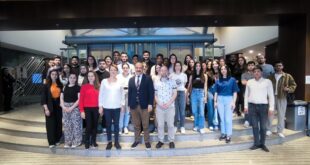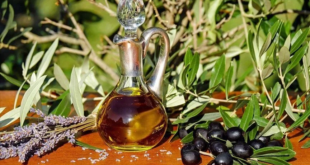Russia on Monday announced it had halted an unprecedented wartime deal allowing the grain to safely flow from Ukraine to parts of the world where millions are going hungry, a fresh threat to global food security.

Moscow will suspend the Black Sea Grain Initiative until its demands to get its own food and fertilizer to the world are met, said Kremlin spokesperson Dmitry Peskov. While Russia has long complained that restrictions on shipping and insurance have hampered its agricultural exports, it has shipped record amounts of wheat.
“The Black Sea agreements have de facto ended today,” Peskov told reporters. “Unfortunately, the part of these Black Sea agreements concerning Russia has not been implemented so far, so its effect is terminated,” he added.
“When the part of the Black Sea deal related to Russia is implemented, Russia will immediately return to the implementation of the deal,” Peskov said.
The suspension marks the end of a breakthrough accord that the U.N. and Türkiye brokered last summer to allow food to leave the Black Sea region after Russia’s invasion of its neighbor nearly a year and a half ago worsened a global food crisis.

Ukraine and Russia are both major global suppliers of wheat, barley, sunflower oil and other affordable food products that developing nations rely on.
The grain deal provided assurances that ships won’t be attacked entering and leaving Ukrainian ports, while a separate agreement facilitated the movement of Russian food and fertilizer. While Western sanctions do not apply to Moscow’s agricultural shipments, some companies may be wary of doing business with Russia because of the measures.
Ukrainian President Volodymyr Zelenskyy’s adviser, Mykhailo Podolyak, said the suspension was expected and believes it’s political theater.
“The statement itself immediately includes an escape clause,” he said. “Therefore, we are dealing with classic public techniques of the Russian Federation that no longer require significant reciprocal reactions.”
Russia has officially notified Türkiye, Ukraine and the United Nations that it is against extending the initiative, the RIA news agency reported on Monday, citing Russian Foreign Ministry spokesperson Maria Zakharova.
 THE GLOBAL WINDOW OF TURKISH FOOD AND AGRICULTURE The Global Window of Turkish Food and Agriculture Sector
THE GLOBAL WINDOW OF TURKISH FOOD AND AGRICULTURE The Global Window of Turkish Food and Agriculture Sector









